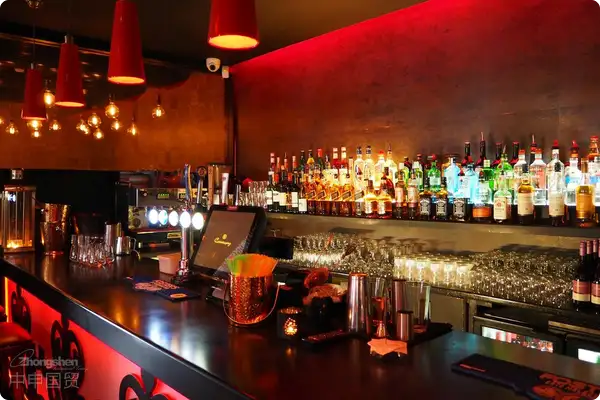- Shanghai Zhongshen International Trade Co., Ltd. - Two decades of trade agency expertise.
- Service Hotline: 139 1787 2118

The Golden Rule of Beer Import: Understand the Rules Before Doing Business
Last year, we handled a typical case: a new importer declared Belgian Trappist beer as ordinary fermented liquor, resulting in the goods being detained by customs for three months due to excessive alcohol concentration. This incident made me deeply realize,Beer import may seem low-threshold, but every step hides professional intricacies..
Three Key Elements for Preparing Qualification Documents
- (Apply 30 days in advance)Must include alcohol-related business items
- Registration of overseas production enterprisesNew regulations on imported food implemented since 2021
- Breweries must register with the General Administration of Customs
- Provide a certificate of sanitary origin
- Pre-approval of Chinese labelsRecommended to prepare three months in advance
- Nutrition facts table must comply with GB 28050 standards
- Country of origin labeling must not be smaller than 4mm
The Devil in the Details of Customs Clearance Procedures
| Link | Frequently Asked Questions | Solutions |
|---|---|---|
| HS Code classification | Confusing malt beer (2203) with mixed beer (2206) | Provide complete raw material ratio table |
| Tax calculation | Ignore specific consumption tax | Prepare accurate literage certificate |
| Inspection and quarantine | Sales before obtaining CIQ certificate | Establish independent temporary warehouse |
Practical Wisdom in Market Positioning
When assisting a German beer brand to enter the South China market, we discovered:Craft beer consumers focus more on original bottle import labels than prices. Recommended differentiation strategy:
- Supermarket channels focus on 330ml standard packaging
- Food service channels offer draft beer customization
- E-commerce platforms launch limited edition commemorative releases
Pitfall Guide: Lessons Learned the Hard Way
- Declared value pitfalls: An importer underreported prices and faced three years of back taxes
- Properly apply the formula: CIF price = Purchase price + International freight + Insurance
- Approaching expiry product handling: Recommend setting 6-month safety stock cycle
- Temperature control blind spots:Maritime TransportationContainers must maintain 5-25℃ throughout transit
Remember handling clearance for a batch of Czech beer in 2018 - by preparing temperature monitoring records for the shipping route in advance, we successfully avoided cargo damage claims during port strike delays. This confirms an industry axiom:Professional matters must be handled by professionals. Choosing partners with cold chain logistics control capabilities can typically save over 20% in hidden costs.
Related Recommendations
Category case
Contact Us
Email: service@sh-zhongshen.com
Related Recommendations
Contact via WeChat

? 2025. All Rights Reserved. 滬ICP備2023007705號-2  PSB Record: Shanghai No.31011502009912
PSB Record: Shanghai No.31011502009912








